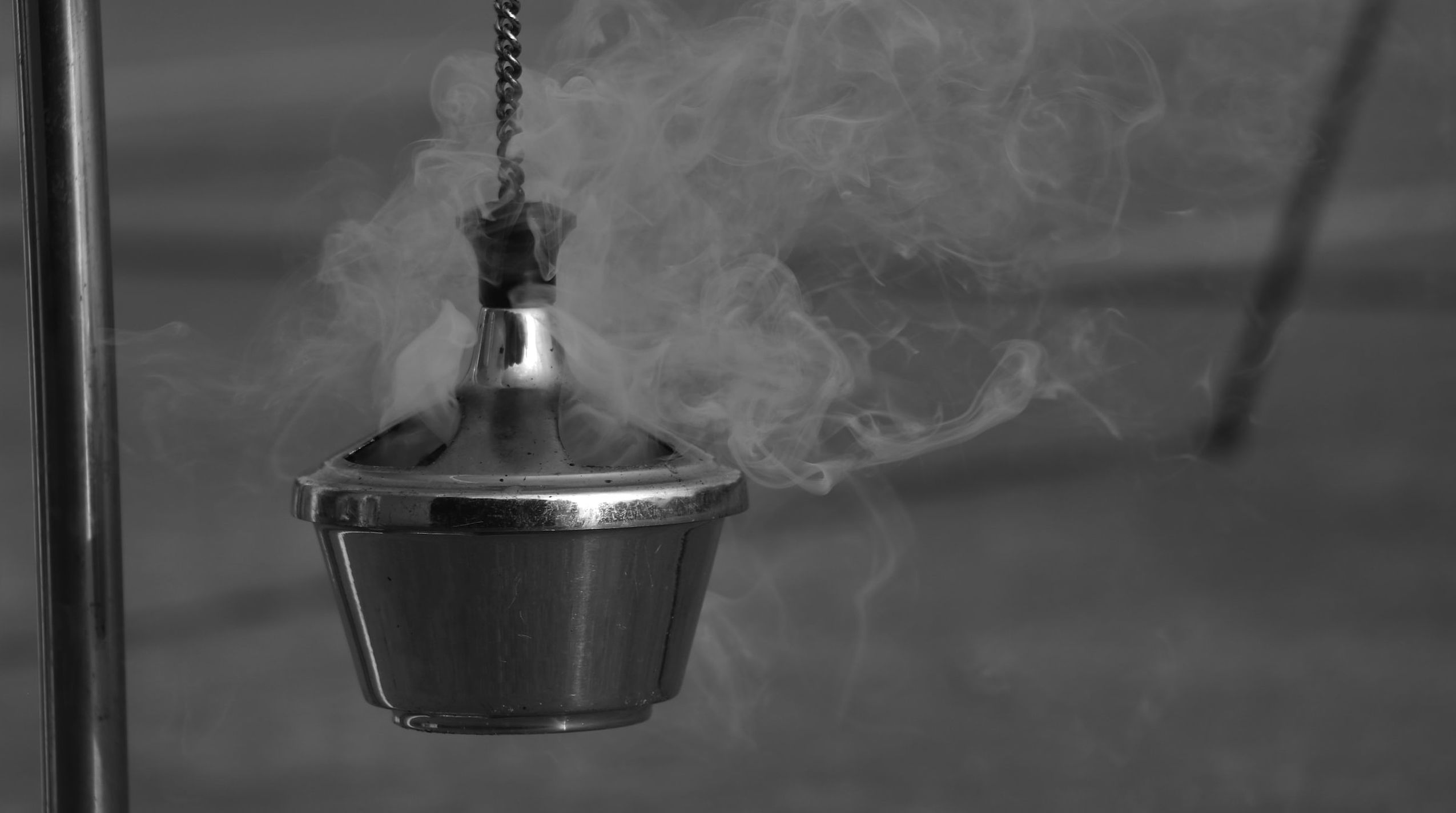What exactly comes to mind when you hear the word Christmas? Maybe you think of candlelight, cosiness, cosy woollen socks and biscuits. So do we. But that wasn't always the case. Because it wasn't so long ago that the time between the years, or more precisely the days between the winter solstice and Epiphany, was a bit spooky. People whispered to each other that all kinds of dark creatures were out there. Creatures that were not of this world and had all kinds of mischief in their heads. Why exactly our ancestors believed that everything was not always above board during the Christmas season is no longer clear today.
Pagan customs and a scolding priest
Many a clever researcher refers to the "dead days" from the time when people lived according to the lunar calendar, the difference between which and the solar year was eleven days and twelve nights. In many cultures, this time was considered strange and the laws of the Otherworld would also apply in ours. And so the belief arose that during these twelve days animals could speak, ancestors could be summoned and all kinds of protective rituals were necessary to keep the evil darkness of winter at bay. And so here on the Alpe di Siusi people courageously resorted to burning coal and incense. Even if the priest scolded them, because he would rather have seen his flock praying the rosary than handling dried herbs and tree resin. So our ancestors did exactly what we South Tyroleans are still particularly good at today: We combined the best of different worlds.
The twelve Rauhnächte in South Tyrol
A prayer on the lips and the "Rauchpfandl" in the hand - that's how they went through house and yard. On the glowing coals they sprinkled what they had carefully collected during the summer months: Yarrow, mint, mugwort or tree resin. Those who had more money in their pockets treated themselves to a grain or two of the sinfully expensive incense. The fragrant smoke was blown into every nook and cranny. Always combined with pious wishes and the hope that the "wild hunt", as the creepy society of witches, Perchten, ravens, Habergeiß and lost souls was called, would pass by on 6 January. Even today, Epiphany is the most important day of incense in South Tyrol. It goes without saying that the washing machine stands still, because one of the dark figures could get tangled up in the sheets and pants. In some houses, the "Rachn gian" is still a serious matter. From St. Thomas' Day to Kinig Day, people gather for the ceremony. But please do it before 9 p.m., otherwise the next year's harvest will be bad. And don't miss one! Anyone who shirks the smoking ceremony runs the risk of falling into misfortune. By the way, holding your head over the smoking pan and taking a deep breath is supposed to do more good than harm and protect against all kinds of diseases. Whether one goes around the house three times, puts the incense pan under the table to burn out, prays a rosary or seven Our Fathers, uses holy water or leaves it out, varies from family to family. The only important thing is to approach the incense with the same seriousness during each of the twelve Rauhnächte. After all, each night of incense symbolises a month of the coming year. And after all, we want it to be a good one. We at Zallinger believe that all good things come in threes. We burn incense on 24 and 31 December and on 6 January. Because over the Christmas holidays, of course, we have to take care of nice guests like you. And should one of the sinister figures get it into his head to creep around the Zallinger, we already know how to appease him. With a good dose of genie from the bottle. But that's actually another story.
Now you tell us! Do you have a similar custom at home? What do you put in your incense bowl? We would be happy if you told us about it! In an email, for example.

